Best Database Management Software
In this data-driven era, any organization must store, organize, and secure its organizational data ensuring its accuracy, accessibility, consistency, and reliability for effective decision-making and growth of the organization.
This data management process involves not only storing and managing their data, but also ensuring clean, consistent, and integrated data across the organization, which decides the success or failure of the company.
While companies prefer managing their data internally by setting up their own database management systems, there are a variety of software available in the market that take up the mundane tasks of updating the database regularly.
But choosing the right software is equally important to ensure the security and privacy of the organization's data, as well as easily managed data.
In this article, we have listed down a few global leading database management tools, which include online applications, companies that provide cloud-based services, and companies that provide data cleansing and integration services.
SolarWinds
- It offers services that help businesses maintain and monitor their systems, networks, databases, and IT infrastructures help in identifying bottlenecks, application performances, threat detection, vulnerability management, and compliance monitoring for IT security.
- It serves industries in Technology, Government, Education, Healthcare, Retail, and Finance.
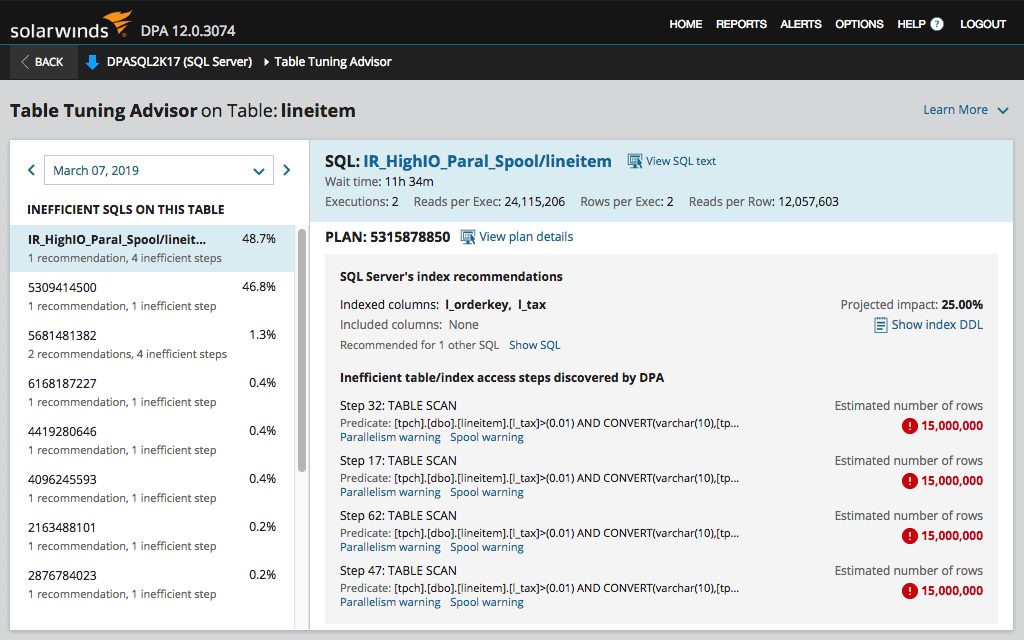
Source: SolarWinds Website
Improvado
- Established in 2017, Impravado is a marketing data aggregation platform, that helps businesses not only maintain their data but also helps in visualizing and consolidating the marketing and advertising data in a centralized view, by extracting the data through multiple sources and applications and automating the reports.
- The tools and services offered aim at improving the data quality, by implementing data rules, visualizing the campaign performances, and optimizing the ROI through the cross-channel visibilities.
- The industries served by Improvado are digital marketing, e-commerce, media and entertainment, finance, technology, and retail.
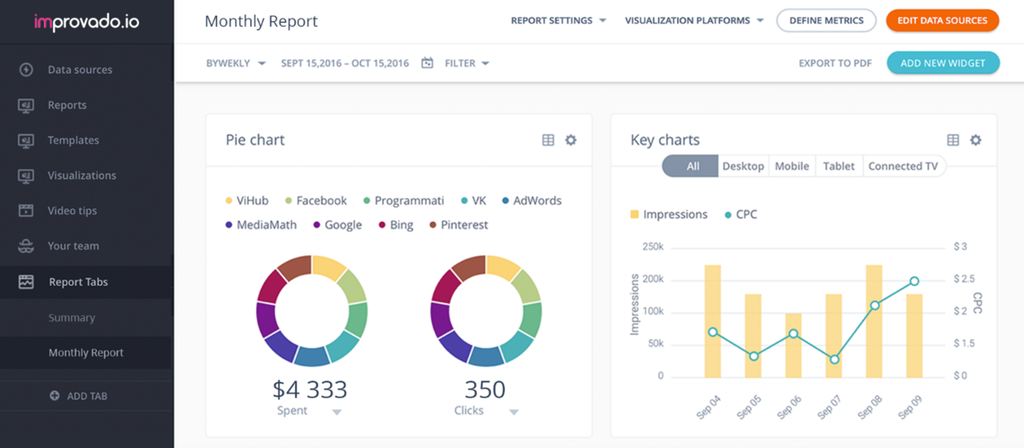
Source: PAT Research
IBM Informix
- Acquired by IBM in 2001, Informix was integrated with IBM’s suite of enterprise offerings.
- Informix is a high-performing database management system known for its easy integration and embeddings between different clouds, and its high-performance transactional processing with complete consistency and concurrency.
- With its features like data warehousing and built-in tools for database security and disaster recovery, it reduces downtime and supports companies requiring robust analytics.
- The industries served by IBM Informix are manufacturing, banking and finance, retail, telecommunication, and healthcare.
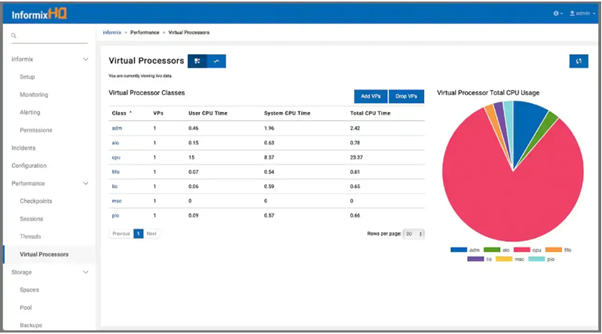
Source: Capterra
Verdantis
- Verdantis, founded in 2004, is a leading provider of Master Data Management solutions, specializing in the automation of data governance and the enrichment of enterprise data.
- Verdantis serves tools to global enterprises with a focus on the most critical data types, including Materials, Suppliers, Equipment, HR, Product, and Customer Master data to empower Procurement teams at Enterprise Companies globally.
- Headquartered in the United States, the company has built a strong reputation for improving data quality, optimizing business processes, and enabling smoother ERP transitions.
- It lays out the strategies that organizations can follow to keep their database clean, enriched, consistent, and accurate.
- The industries served by Verdantis span manufacturing, food and beverages, oil and gas, chemicals, and metals and mining.
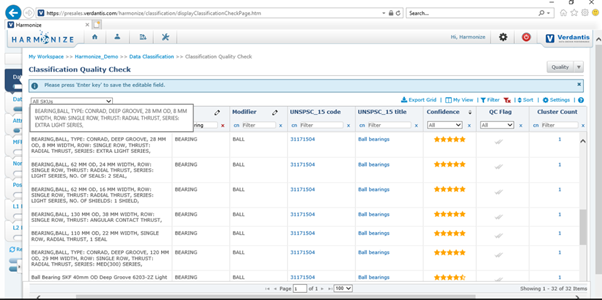
Source: G2
Apache Cassandra
- Developed by Facebook in 2008 to handle the need for their large databases, Apache Cassandra was later released as a free open-source database application under the Apache Cassandra foundation, it has been a leading database management system required by organizations needing scalability, high availability, and resilience.
- Handling a vast number of databases and traffic is made simpler by just adding new nodes to the architecture cluster.
- Though it focuses on eventual consistency to focus on its performance during node failures, it supports data replication across multiple nodes, reducing redundancy and ensuring high availability.
- The industries served by Apache Cassandra are e-commerce, finance, IoT, telecommunications, and gaming.
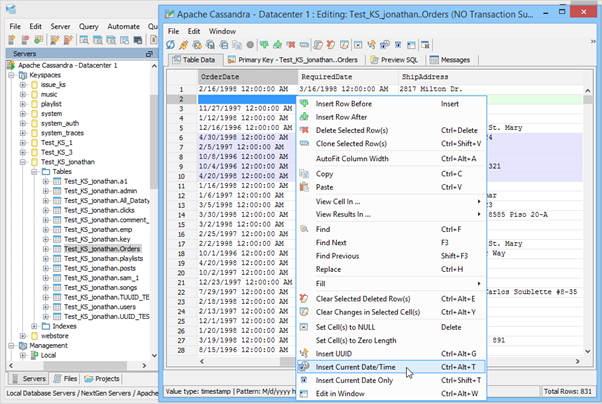
Source: Spiceworks
Couchbase
- Couchbase emerged as a merger between CouchOne and Memrbase in 2011, as a tool with a NoSQL database to meet the growing demand of modern applications.
- Designed to handle the operational and analytical data, the tool aims to be scalable, and have low latency access to the data.
- The application documents the data thus making it flexible to create new fields, without disrupting the old structure, which makes it easy to adapt to the changing requirements.
- The industries served by CouchBase are e-commerce, gaming, finance, telecommunications, and IoT (Internet of Things).
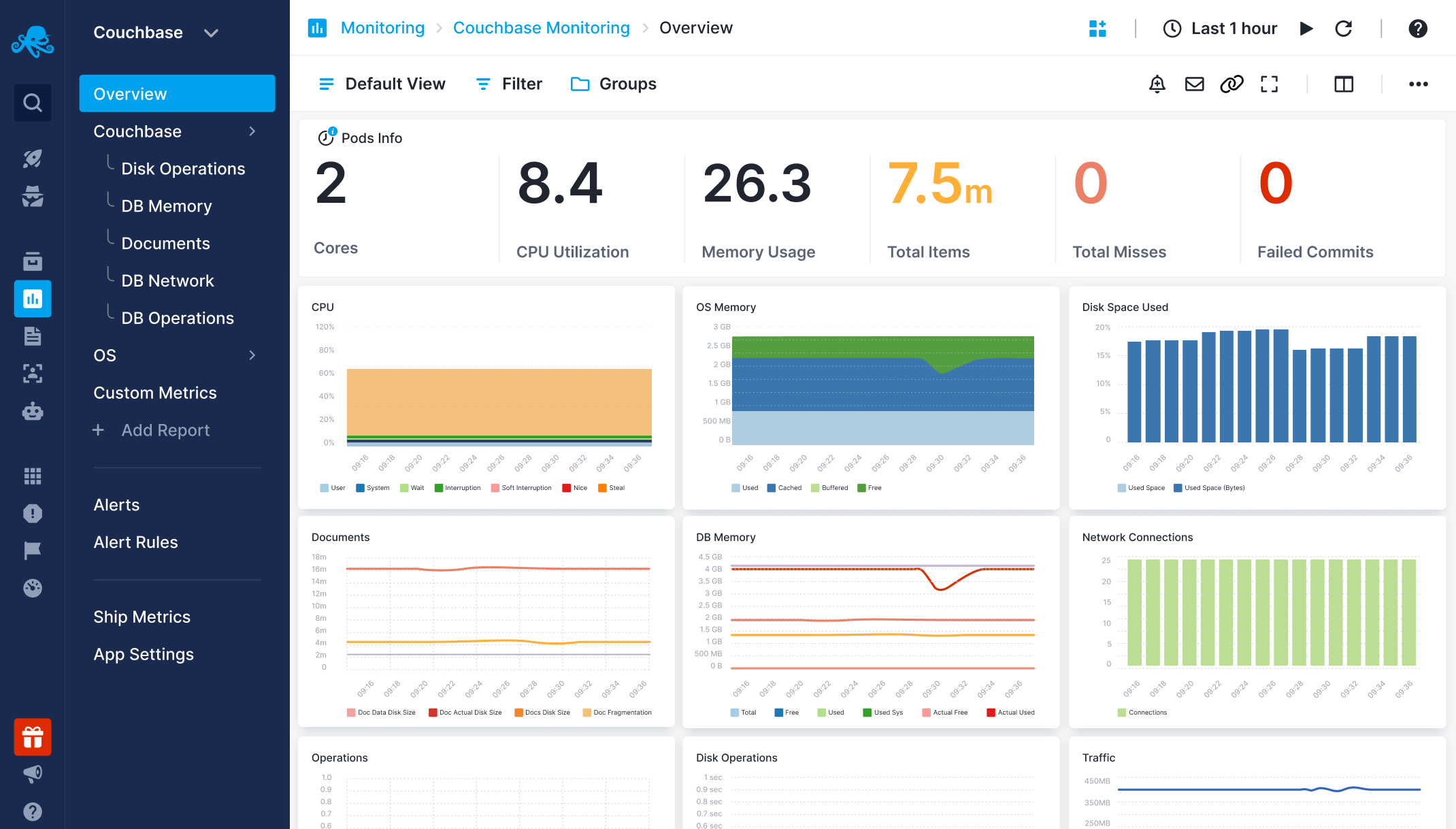
Source: Couchbase
PostgreSQL
- Founded in 1986 Postgre, was later renamed PostgreSQL in 1996, it is now an open-source relational database management system (RDBMS).
- It complies with ACID (Atomicity, Consistency, Isolation, Durability) properties, ensuring that data can be integrated between systems even in situations of event failures, making it more trustworthy reliable for consistent.
- With its in-built facilities supporting both relational and object-oriented features, users can define custom data types and functions allowing extensibility for users.
- PostgreSQL supports industries like finance, healthcare, e-commerce, government, and technology and Saas.
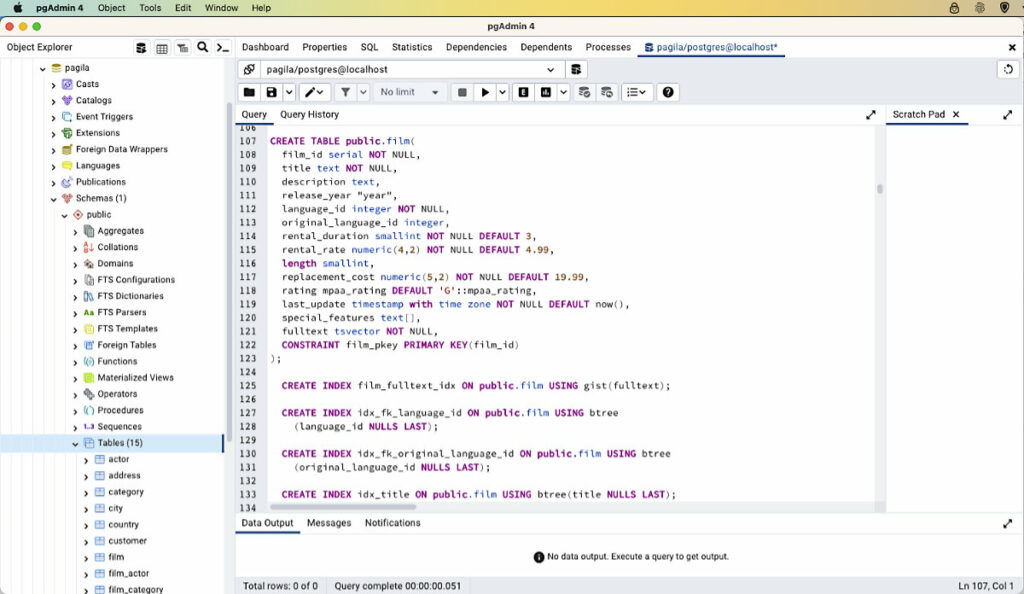
Source: Datasen
Redis
- Developed as a simple key-value store in 2009, Redis evolved as an open-source, in-memory NoSQL supporting various data structures such as strings, hashes, lists, sets, and sorted sets.
- It offers an in-built feature of Redis Sentinel for data replication, automatic failover, and clustering to ensure high availability and scalability.
- It allows users to publish and subscribe to messaging to allow systems to implement event-driven data architectures and real-time messaging applications.
- Redis supports Lua scripts which allows users to execute a series of commands at a single unit, without doing multiple rounds between the client and the user.
- Redis focuses on industries like technology and Saas, gaming, telecommunications, finance, and retail.
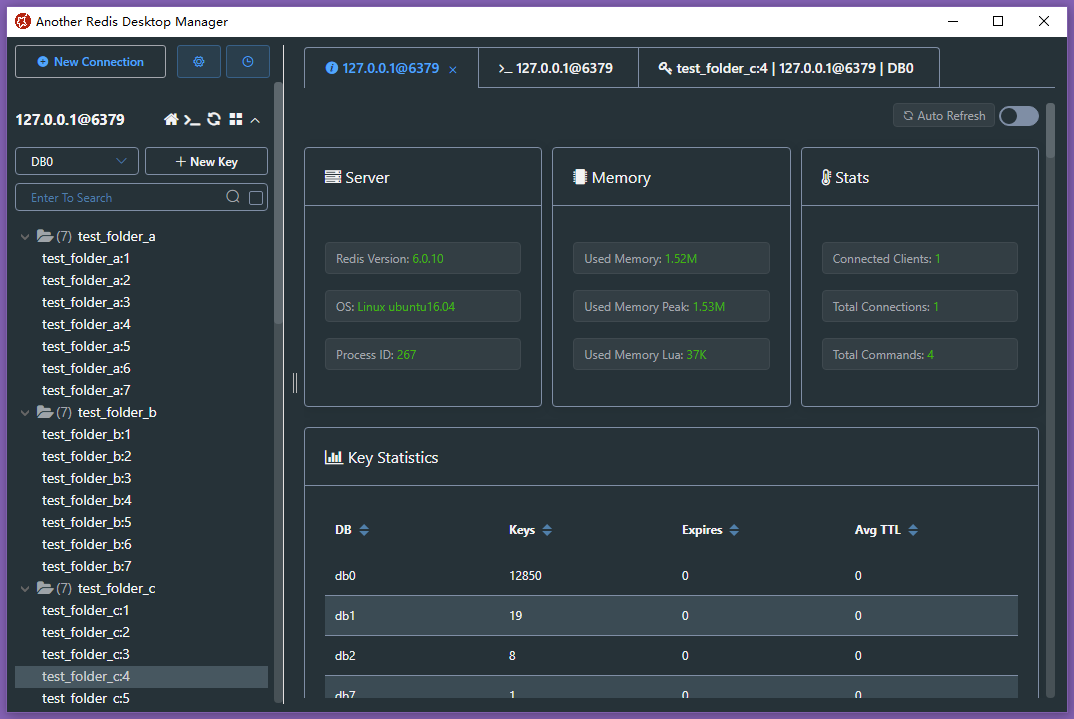
Source: Medevel
MongoDB
- Founded in 2007 under the company name 10gen. Initially designed as a scalable, high-performance database for web applications, MongoDB quickly became one of the most popular NoSQL (Not Only SQL) databases due to its flexibility, scalability, and ease of use.
- The company renamed itself MongoDB, Inc. in 2013. MongoDB also supports documenting the data, allowing the user allowing the user to insert the data with different structures.
- It supports several speed-up indexes like geospatial indexes, wildcard indexes, and compound indices, which allows users to search through large datasets.
- Its aggregation framework allows users to filter, group, and sort the data within a database.
- The industries served by MongoDB are retail, healthcare, technology and Saas, gaming, telecommunication, and finance.

Source: Database Visualizer
Kyndryl
- After spinning off from IBM in 2021, Kyndryl became an independent global technology services company.
- Its range of services includes network services, data center management, cloud infrastructure, and storage management by enhancing performance and security, reducing costs, and boosting efficiency.
- Kyndryl helps organizations transition to more digitally transformed environments by modernizing their IT architecture.
- The services it offers in this area include optimizing the supply chain, enhancing customer experience, and enabling agile business models through IT and technology.
- The industries served by Kyndryl are banking and finance, government, telecommunication, energy, healthcare, and retail.
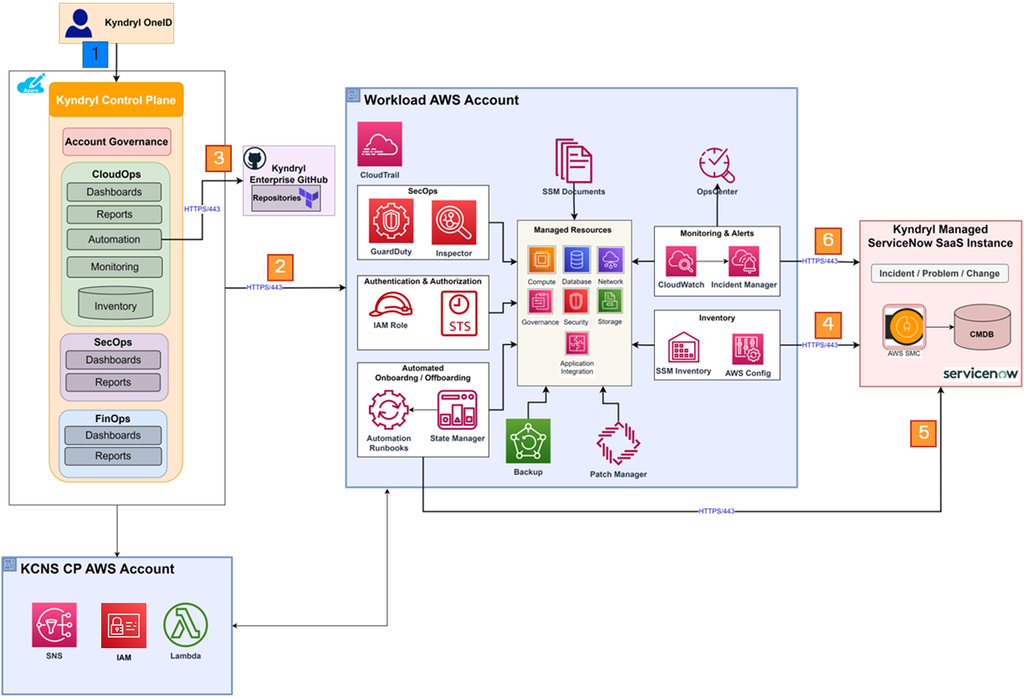
Source: AWS
MariaDB
- Founded in 2009, MariaDB was created as a community-developed fork of MySQL, following concerns over Oracle Corporation's acquisition of MySQL.
- The software is widely used in various industries for database management and is a popular alternative to MySQL due to its enhanced features, performance, and licensing model.
- To manage large databases and handle complex queries, it stores structured data in tables as a relational database management system.
- It is open and free to use which includes analytical tools that help to analyze the real-time data making it versatile for operational and analytical workloads.
- MariaDB serves industries like e-commerce, healthcare, telecommunication, finance, government, and retail.
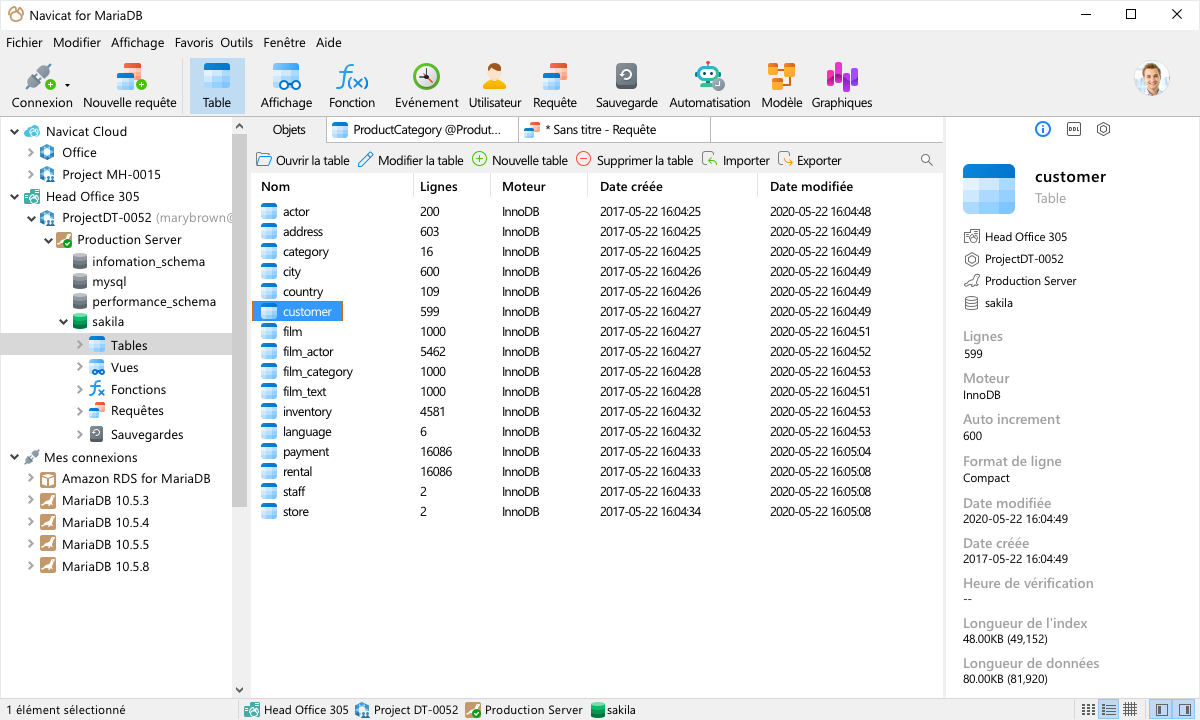
Source: Forest Admin Blog
